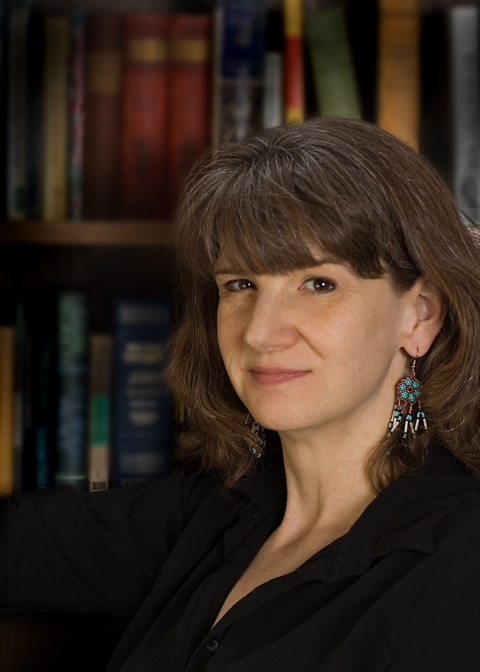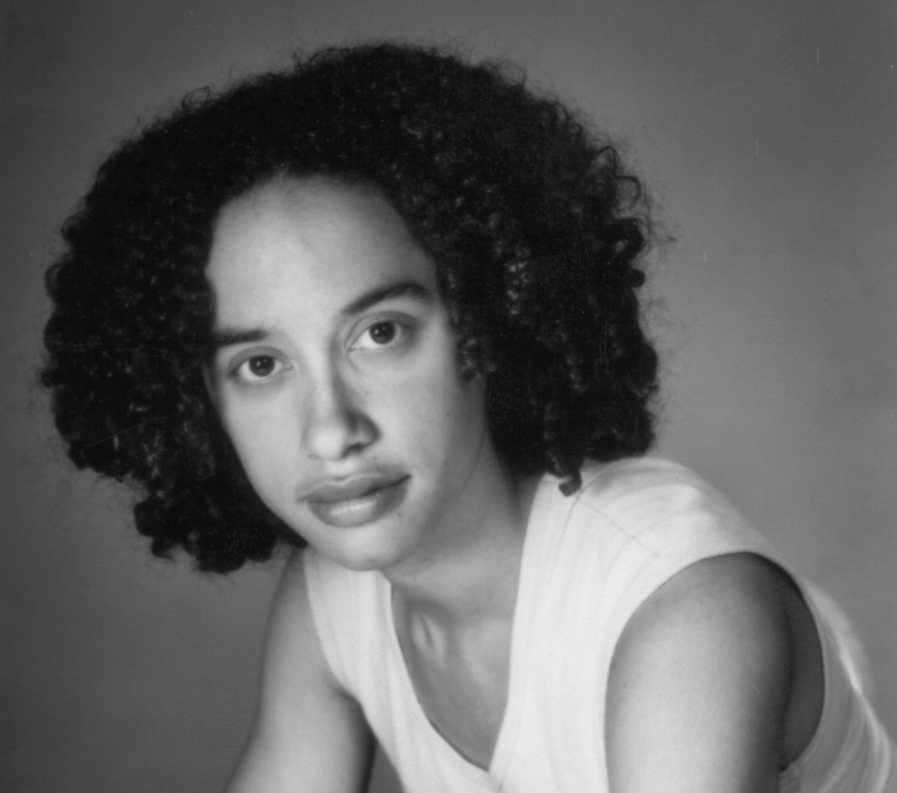Our Midwestern Mothers: an interview with “Riding Shotgun” editor, Kathryn Kysar
Shannon Gibney sits down with poet Kathryn Kysar to talk about the new anthology she's edited, "Riding Shotgun: Women Write About Their Mothers," and about the bittersweet power of an honest accounting of our mothers' histories.


Lets start at the beginning. How did this book, this project, come about?
Well, the project started in reverse. I have kids, and a lot of my friends are women writers who have kids, and its a really hard life. Many of them have been writing about it but not really getting published, because its not universal, or its domestic, or all that traditional stuff. First, I wanted to set out just to create a place where these friends of mine could be published.
I sent Minnesota Historical Society Press a proposal for that book, which they ended up not wanting to do. But they proposed doing something about mothers. I thought about it, and the first thing I thought of was, Well, okay, as long as I dont have to write about my mother. I snuck out of that, as youll notice. I did get to dedicate the book to my mom, and I put in a picture of her; but I didnt have to write about her.
I immediately knew that I wanted to make the book as diverse as possible. I know that for some of the other anthologies in Minnesota, one of the main critiques of them was, This does not reflect the true diversity we have in Minnesota. For Riding Shotgun, we started out in Minnesota and then it kind of got blown up to the Midwest. Even though there are some connections to the East and West, I think it is still very much a Midwestern book, which is reflected very much in the content as well.
When I started thinking about approaching people to contribute, I really wanted to make sure there was a balance of established and emerging authors (I consider myself emerging, too). I asked a lot of the big names, too…and people either wanted to do it, or they didnt. I was really happy at the end with the balance we achieved, as well as with the range of ages represented. That was one of my goals to get that all in there. Weve got angelic moms and weve got crazy moms; there are neglectful mothers and funny mothers, as well as overbearing moms.
Most of all, I wanted to give the authors as much freedom as possible to do whatever they wanted to. This is an incredibly difficult thing to write about! A couple of people werent able to do it; they said, Its too big a topic.
The book has only been out for a minute, but what has the reception been so far
I just read an incredible review on amazon.com this morning; I went to the Native American Literature Symposium last weekend, and the people who had read the book were blown away. The challenge of the book is getting past the cover (Oh, its about mothers!). When people actually crack the cover and start reading it, theyre surprised by what they find. What was your experience with the book?
I really appreciated the complexity and honesty of many of the pieces, although I was also saddened by the number of stories of women who felt trapped in their own lives, and roles as mothers.
And that [feeling and being trapped] then changes the daughters. In many ways, the book creates a picture of womens lives in the 20th century–the constraints and the constrictions, whether they’re economic or cultural. [That’s true of] Sheila OConnors mom, who actually worked and had a job and didnt do the traditional mom thing; she was totally ostracized by all the real traditional moms. There’s an equally sad story about Denise Lows mom, who really wanted to be an academic and couldnt. Her father-in-law basically told her, You need to stay at home. It’s fitting that both of her girls end up getting PhDs. Or, [you’ve got] Tai Colemans mom, trying to feed five kids on a womans salary, which was no more than 66% of mens (if not significantly less). Women were so ghettoized in the professions of that generation.
There’s another thing I noticed throughout the collection: a deep, persistent belief women have in this mainstream romantic narrative. Tais mom, along with many of the other moms reflected in the stories, really believes that theres going to be a male savior who will come in and take away their pain.
Theyve been told that.
And they buy into it. And then you see the daughters view on the arc of their mothers life, with the accompanying realization that no man has stepped in to save her at all. And so, there were these instances when this was an incredibly painful collection to read…but then you also have essays like Alison McGhees, where the moms are just these firebrands.
And Heid Erdrichs [mother] is another one. Shannons Olsons essay is also really, really funny. When I invited these women to write for the anthology, I didnt know what their relationships with their moms were in advance. So part of this project just came down to, This is what weve got.
Its very much a feminist book, I believe. Its chronicling the hardships faced by these women through the context of the mother-daughter relationship. These writers are smart, intelligent, verbal, and thats not coming out of the air. You know that their moms either fostered that in them somehow. Given the quality of the writers, I think weve got some special moms, too.
About the interviewer: Shannon Gibney is a writer who lives in Minneapolis.
About Kathryn Kysar: Kathryn Kysar is the author of a book of poetry, Dark Lake (Loonfeather, 2002), and the editor of a collection of essays, Riding Shotgun: Women Writing about Their Mothers (Borealis, 2008). Her poems have been heard on A Writer’s Almanac and published in many literary magazines including Great River Review, Midland Review, Mizna, Painted Bride Quarterly, and The Talking Stick. A winner of the Lake Superior Writer’s and SASE poetry contests, Kysar has received fellowships from the National Endowment for the Humanities, Minnesota State Arts Board, Norcroft, The Anderson Center for Interdisciplinary Studies, and Banfill-Locke Center for the Arts. She is an individual representative on the board of directors for the Association of Writers and Writing Programs.
Read Shannon Gibney’s review of Riding Shotgun on mnartists.org here.